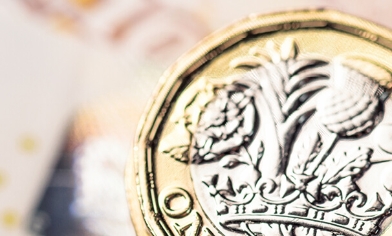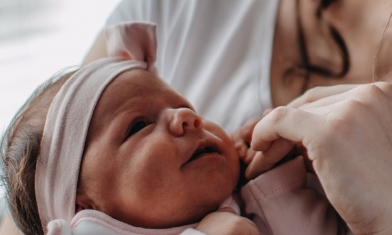Reassessing what's important
Few of us were expecting the events of 2020-21. There’s not a part of society that has not felt the impact of the coronavirus pandemic, and for many of us, the results have been challenging.
It’s only natural that events of the gravity and scale of the coronavirus pandemic have led to reflection about the more unpleasant elements of life. It is regrettable, but many Brits will have found that they are less able to cope financially as a result of the pandemic. Many have lost jobs and businesses, and are contemplating the road to recovery.
And, of course, there is the primary concern: becoming unwell. Most will be aware that coronavirus can compound existing health concerns, and that there are conditions and states of health that can place individuals at more serious risk.
But, in contrast to the difficulties posed, many of us have assessed our options to provide security in an uncertain time. There are immediate ways to do this: following government guidelines, following the advice of your healthcare advisors such as doctors, nurses and care home staff, and avoiding unnecessary risks. Then there are long-term actions you can take to give your loved ones peace of mind that they will be secure.
One of these options is life insurance.
Can I get life insurance for coronavirus?
Yes. When you apply for a life insurance policy, you’ll answer questions about your health, medical history and lifestyle – including tobacco and alcohol consumption. The answers to these questions help determine whether the insurer can accept your application and provide you with life cover.
The life insurance application will likely include specific questions about whether you are currently suffering from symptoms of coronavirus or recently tested positive for it – and if so, you won’t be able to take out a new policy and you’ll likely have to wait a while until you’ve recovered to be able to re-apply.
Remember that your policy will only pay out if you have answered all questions in the application truthfully. If you omit information or report it falsely, this may invalidate your policy.
If you have already started your life insurance policy and then test positive for coronavirus, you do not need to inform your insurer of this.
Once your policy is in force, the policy will pay out if you die during the term of the policy – whatever the cause, including death by natural causes as a result of Covid-19. There are a very small number of significant exceptions to this rule, such as death as a result of suicide in the first year of the term.
What’s the difference between coronavirus and Covid-19?
Coronavirus is the virus that causes Covid-19.
Most of the time, the two words are used interchangeably by insurers. So if you are completing applications for two different life insurers and one uses the term ‘coronavirus’ and the other ‘Covid-19’, don’t fret – they are usually talking about the same thing.
Will my life insurance pay out if I die from Covid-19?
Yes. If you have an existing policy in force, and you were honest when answering the health questions in the application form, then your insurer will pay out should you die from Covid-19 during the term of the policy – just like they would for death by any other natural cause.












